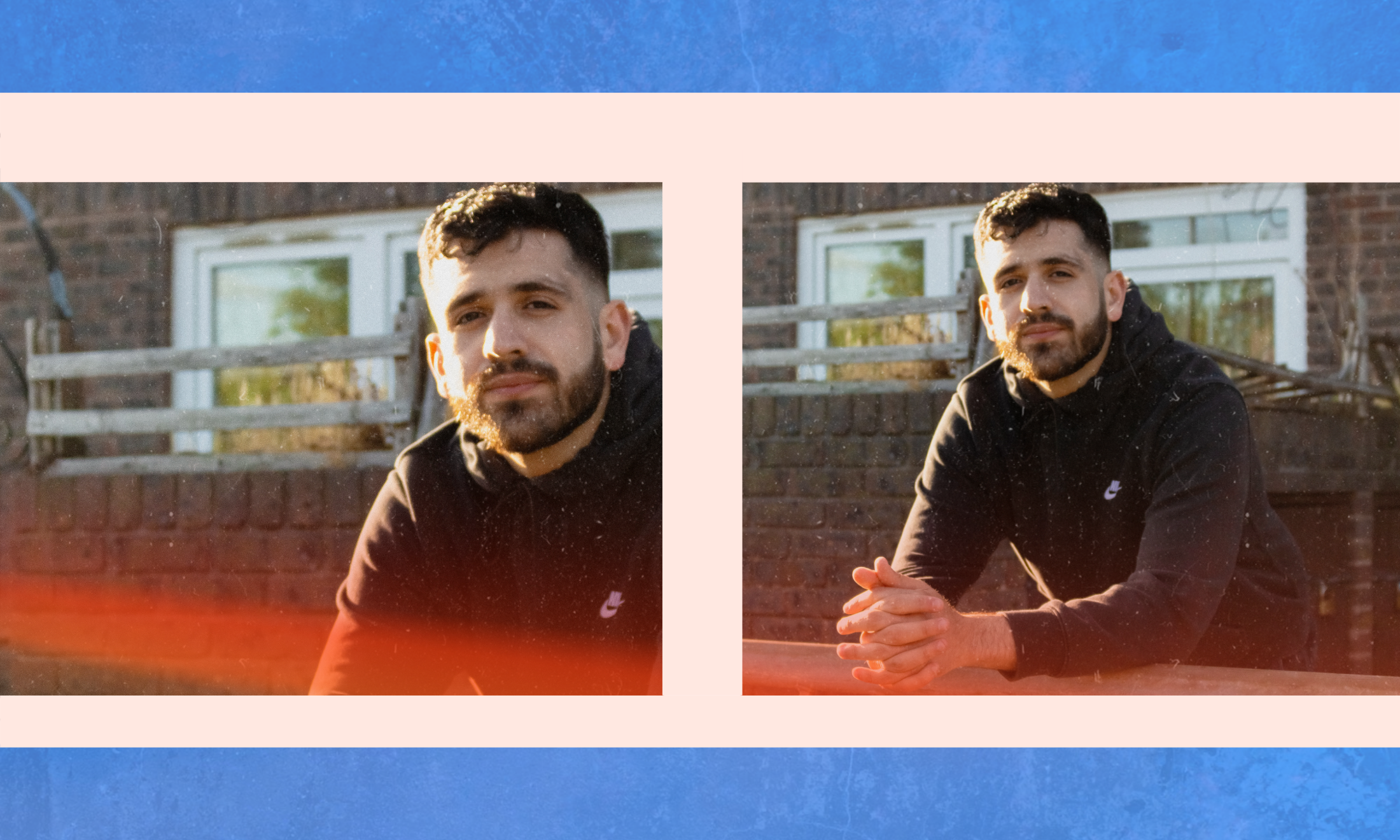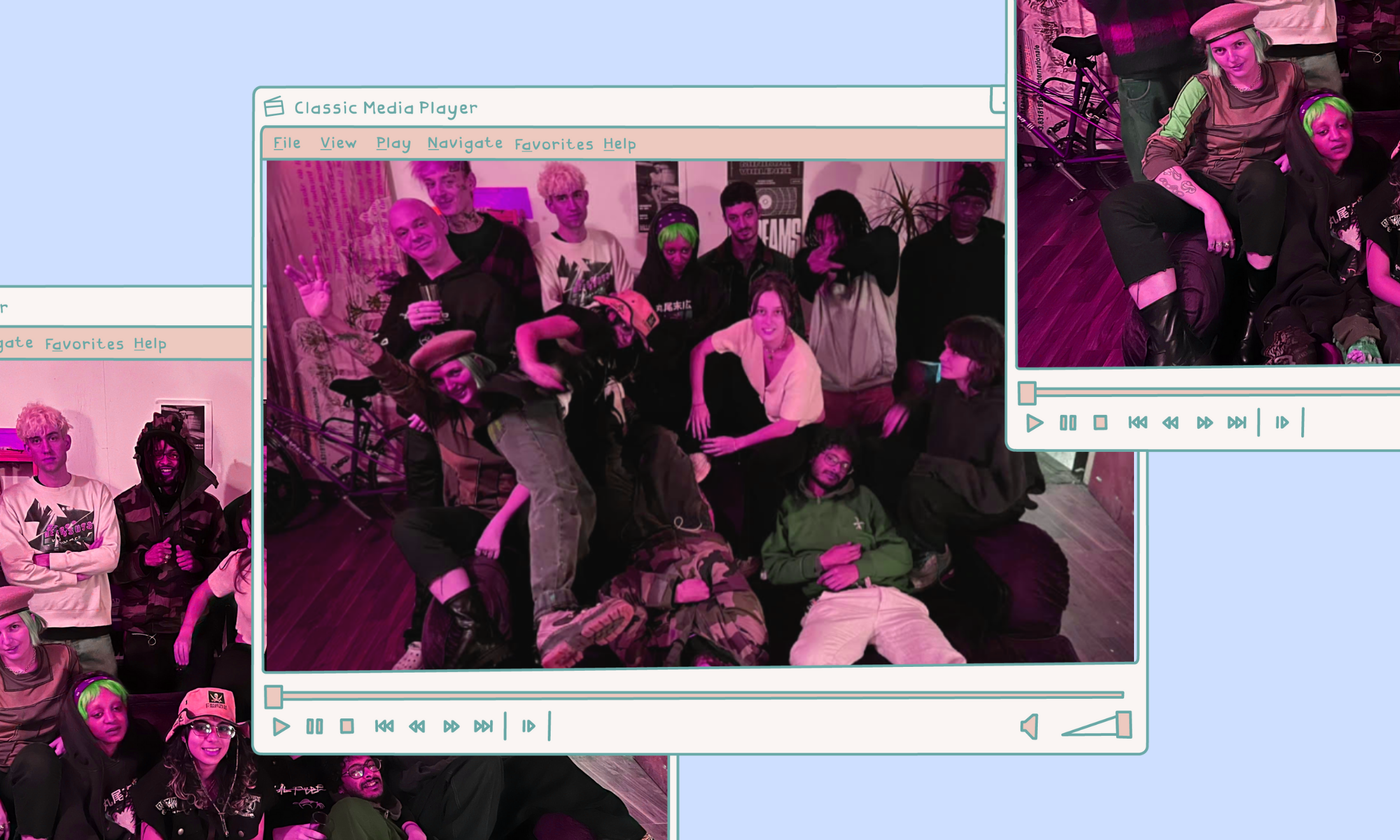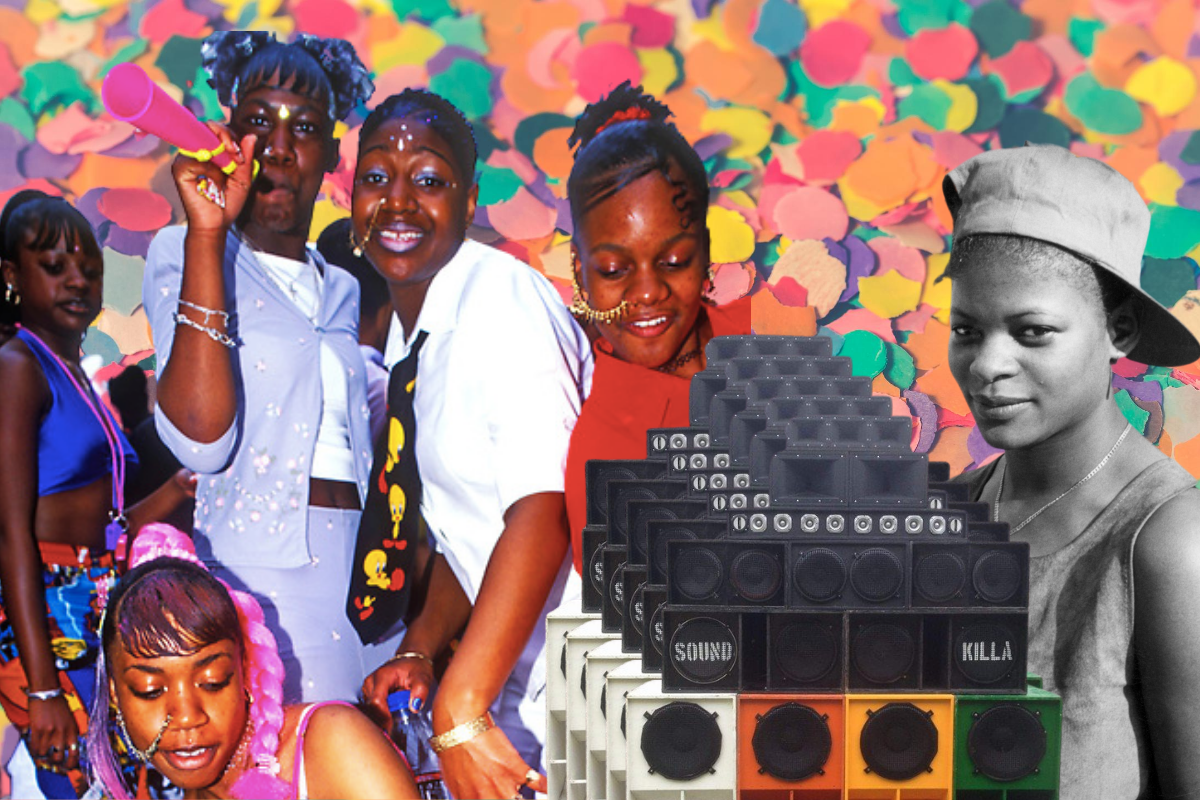
As the month of August approaches, so does the thought of our next bank holiday weekend. This year, the long weekend extends from August 27 – 29 and marks the return of the eponymous Notting Hill Carnival (NHC). Founded in the 1960s, in spite of recent controversy, NHC represents unity and the freedom of expression of a marginalised people.
NHC has come a long way since its inception. It started off in 1959 with an indoor Caribbean Carnival organised by Trinidadian-born Claudia Jones and her Jamaican co-founder Sam King. All this was a response to the 1958 Notting Hill Race riots and the televised event aimed to show unity by promoting peace and Caribbean arts and culture. Carnival as we know it, the outdoor, Reggae and Soca-fuelled celebration of Caribbean culture, was taken to the streets of Notting Hill in 1964 and has since become Europe’s largest street festival.
Looking back on my experience of last year’s carnival, I can safely say that something was different. This was not because I was overrun by nostalgia towards Carnival’s past; it felt different because it was altogether a different experience. I was forced to ask: what is happening to our safe spaces?
Many might look at NHC today and argue that it is not changing for the worst, but that it is simply undergoing a process of evolution. In the same way that the indoor Caribbean carnival had to evolve in order get to where it is today, NHC in 2016 is not going to be identical to NHC in 1980. Yet the essence of these annual festivities ought to remain the same.
I cannot get my head around the supposed “evolution” of NHC and how this has come to include the whitewashing of the music featured. During a celebration of Caribbean culture, I shouldn’t hear someone comfortably say: “You don’t have to listen to Caribbean music at Carnival, there’s lots of house, drum and bass and Toddla T (a white DJ who categorically plays Bashment and other music of Caribbean origin) is always a good shout.” Although this is true, it misses the entire point of the event.
Last month, the release of the London Afropunk line-up left a sour taste in many peoples’ mouths. Excitement at the expansion of the event was replaced with fury as organisers announced that M.I.A. would be headlining day one of the two-day event. Many, most notably London film-maker Cecile Emeke, saw this choice as entirely counterproductive to Afropunk’s promise to stand with the unique and the marginalised.
In the wake of this upheaval, reflections of Notting Hill Carnival play on my mind, as much like Afropunk, Notting Hill is meant to be a safe space. The street festival presents the opportunity to celebrate Caribbean culture freely and unapologetically but, as the festival has expanded, the dynamics have changed. This piece on the politics of being black and loud suggests NHC has fallen into a state of limbo, as the many things that people love about carnival – specifically, the loud and proud nature of the street revelers – have become the very things that new crowds hate.
There is a noticeable and growing divide among carnival-goers and there are many contributing factors to this. On the main route, floats take to the roads at 10am and cease at around 7pm. These represent Caribbean islands, such as Trinidad, Guyana, Jamaica and Barbados and, in more recent years, African countries, such as Nigeria. And, even if you feel awkward in this environment, within 10 minutes someone in a costume will sniff you out and encourage you to start moving. But still I hear people say they feel like they are being judged, expressing their discomfort as if the “Soca Police” are out to arrest them. Although only a small proportion of carnival-goers share these sentiments, if ignored, this is the kind of attitude that promotes tension.
At a festival that attracts 1 million people annually, where all genders take to the roads in glitter, short-shorts and thongs, I’m pretty sure that no one is being judged. With this mentality, what you end up with is a distinct divide. On the one hand, you have a parade of flamboyant and unrestricted people on the main roads and, on the other, you have those that feel more comfortable skulking along the back roads next to a drum and bass sound system.
On Instagram the next day, you search #NottingHillCarnival and wonder if some people were actually at Glastonbury. A culturally safe space like carnival is changing at the hands of hipsters and squares looking for an excuse to have a piss-up over the bank holiday weekend, and the adopted excuse? “People make me feel as though I don’t have the right to be here.”
You do have the right to be there; the organisers and hundreds of costume wearers want you to be there. But what they do not want is for you to be the passive recipient of their culture, and this is why you shouldn’t go to carnival with the aim of avoiding all things Caribbean.
Soon after NHC 2015, there were proposals to make NHC a ticketed event and this idea reinforces the growing cultural divide. Making it a ticketed affair could devalue a safe space that has been at the heart of the British Caribbean community for over half a century. There is a reason that NHC is free. It is free because it was started in an attempt to give people, often from socially- and economically-disadvantaged backgrounds, a place to celebrate without placing a value over their heads. As soon as you put a price tag on an event like this, it becomes discriminatory, exclusive and fashionable.
Although these changes have already begun, it is never too late to challenge them. M.I.A. headlining Afropunk and the subsequent reaction to this ultimately saw her publicly announce that she would no longer be headlining. This shows that collective voices can make a change. We shouldn’t be afraid to question why someone would enjoy Toddla T and Mike Skinner’s Bashment sets, but would be afraid to catch a vibe at Aba Shanti-I. Nor should we shy away from those that avoid Caribbean food at carnival, but will queue for what seems like an eternity to grab a meal deal and a can of Red Stripe at Ladbroke Grove Sainsbury’s.
Evolution and systematic change are two separate things and it becomes highly problematic when the two become synonymous. As a child of a Jamaican immigrant I am so proud of Carnival and I will continue support it year after year. Nonetheless, a conversation needs to be had – one where we cut off the demands for systematic change and discuss the evolution of Notting Hill Carnival in the truest sense of the word.









